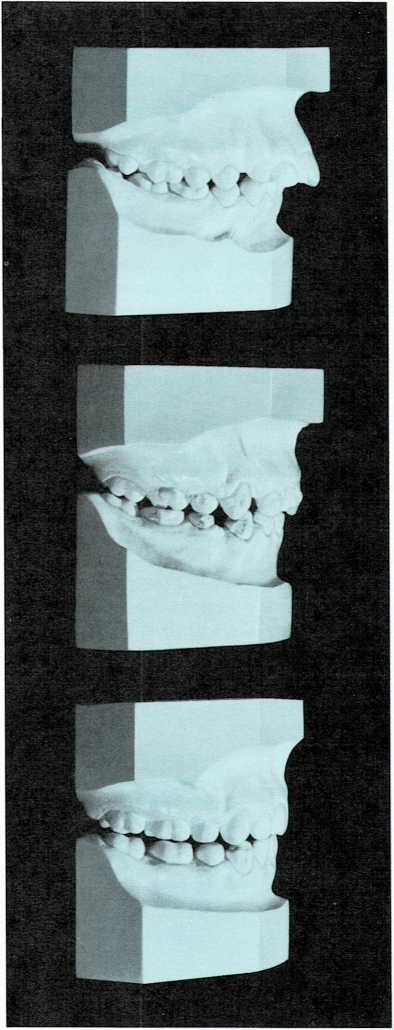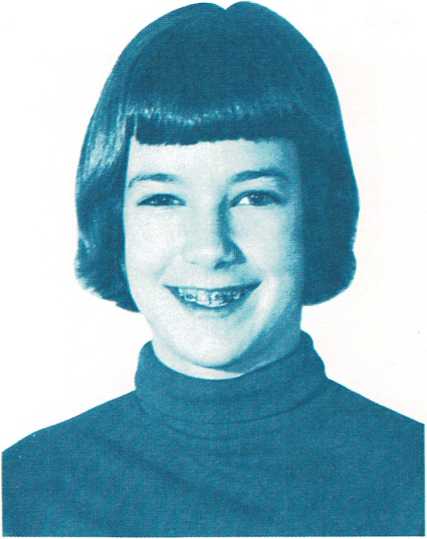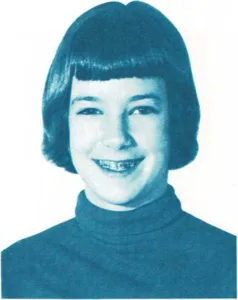Braces, dental – Breath Holding
Braces, dental. If your child has malocclusion (poor bite), the
dentist will probably suggest that you take the child to an orthodontist
(a dentist who specializes in correcting irregularities of the teeth and
jaws). Malocclusions are corrected with braces, which gradually realign
the teeth.
The orthodontist will X-ray the child’s teeth and make study models of
the mouth to be sure of the irregularity that needs correction. The
orthodontist will make regular and thorough examinations, adjusting the
braces as the teeth move into their proper positions, and will give
instructions for keeping the teeth and braces clean. For instance, a
child with braces will be told not to chew gum or eat sticky candy.
Many parents worry that their child will suffer severe pain during
orthodontic treatment. A child may occasionally experience some
discomfort, but at no time should there be severe pain. Some parents
worry that continued use of braces may cause tooth decay. If the child
practices good dental hygiene, this should not happen,
[m.g.]
See also Malocclusion

These three sets of plaster casts were made from the same boy at
various times during treatment for malocclusion. The first set shows
the position of the boy’s teeth before braces were applied. The second
casts, made about a year later, show the progress of straightening.
The third casts show the position of the teeth after treatment was
completed.

Dentists use braces to correct irregularities of a child’s teeth.
Breath-holding spells are not uncommon in children about 1 year old.
The spells usually begin with vigorous crying. Children then suddenly
gasp and hold their breath until they turn blue or pale. They may begin
to twitch, or may even pass out briefly. Reflex mechanisms of breathing
will then take over, and they will come to in a few moments.
Few things frighten parents more than seeing their children hold their
breath. There is one good rule to follow when this happens: Do nothing
at all. Usually the spells are not dangerous. If a child passes out,
elevate the feet, turn the head, and open the mouth so that excess
saliva will flow out and not choke the child. As the child recovers, try
not to show concern. If your child is a frequent breath-holder or has
convulsions, consult the doctor. The doctor may be able to help you
discover the reason for the breath-holding and tell you how to prevent
it. [m i;.]
See also Convulsions; Faintins

